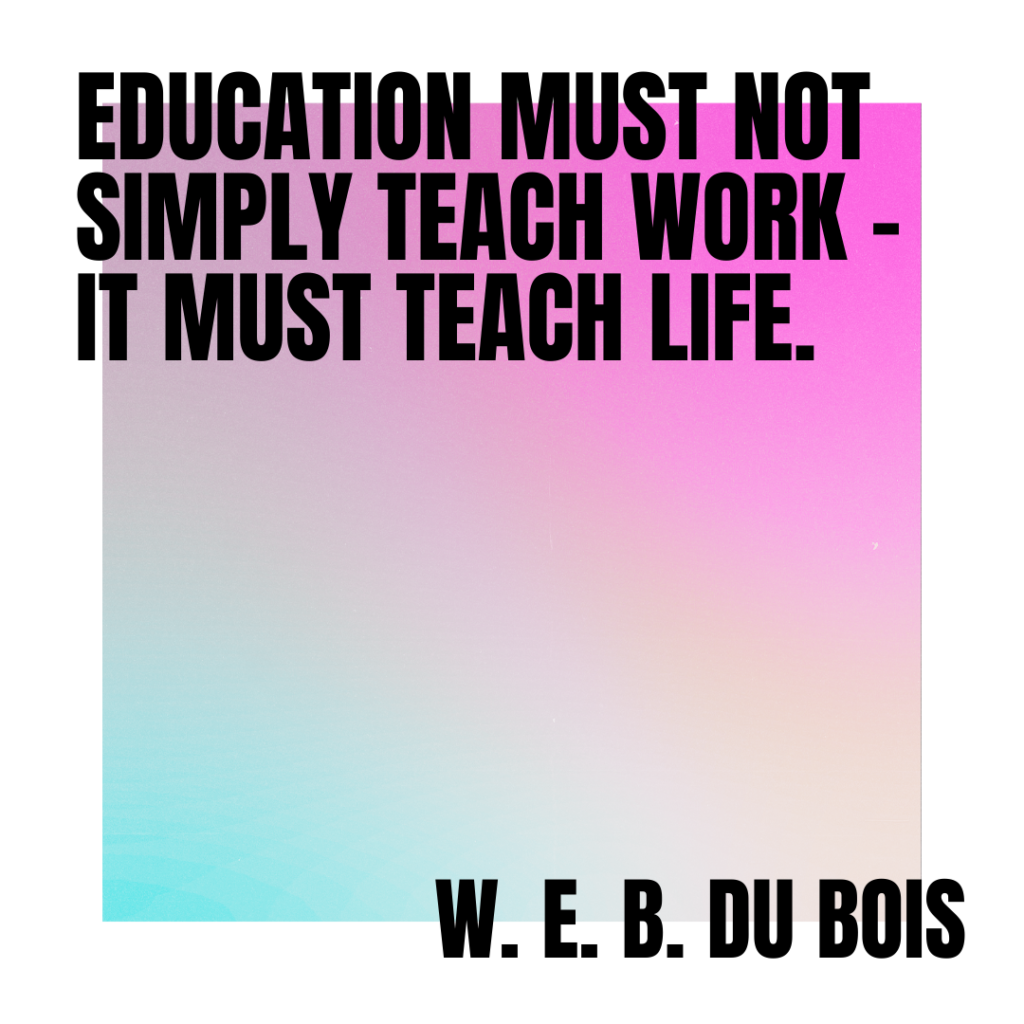|
Digitally LIterate #328
Welcome to Digitally Literate, issue #328. |
Another busy week here. My semester wrapped up and I hosted a poetry slam for students in my classes. I also posted the following: |
I worked on the following this week: |
|
|
Internet arguments have a terrible reputation, especially when it comes to social media and politics. People often naturally form an echo chamber with similar beliefs, and when those outside it start arguments, it becomes toxic very quickly. Is there a better way? |
Science suggests that a good starting point is by practicing intellectual humility. By admitting the possibility that we ourselves could be wrong, we're able to better evaluate arguments and construct more robust belief systems. Studies show it also reduces stress and increases happiness. |
Could more widespread understanding of the role humility plays finally help build a happier internet? |
|
I haven't written much about Elon Musk's letter to Twitter’s board. In short, most of the focus is about what does Musk mean by making Twitter more free speech oriented? |
Ben Thompson avoids this debate by suggesting that Twitter’s current fully integrated model is a financial failure. Twitter’s social graph is extremely valuable and their cultural impact is very large, and very controversial. Given this, any future CEO of Twitter should start by splitting Twitter into two companies. One company would be the core Twitter service, including the social graph while the other company would be all of the Twitter apps and the advertising business. |
This is very important as Twitter has served as the main phone service of the web for a long time. |
Anil Dash is another great mind on the web. I've been feeling that most of my thinking around these digital spaces is doom and gloom and I'll start identifying ways to change that. |
In this post, Dash suggests that thanks to the mistrust of big tech, the creation of better tools for developers, and the weird and wonderful creativity of ordinary people, we’re seeing an incredibly unlikely comeback. The web is thriving again. :) |
Physicist Melvin Vopson, suggests the mass-energy-information equivalence principle. Vopson proposed |
In his 2019 AIP Advances paper, Physicist Melvin Vopson, suggests there is a mass-energy-information equivalence principle. This principle suggests that a digital information bit—used for digital data storage today—is not just physical, but has a “finite and quantifiable mass while it stores information.” This very small mass is 3.19 × 10-38 kilograms at room temperature. |
This would identify information as the fifth state of matter alongside gas, plasma, liquid, and solid states. A scientist has proposed an experiment involving particle annihilation that could establish that information truly has mass. If successful, the experiment could shed light on the mysterious dark matter in our universe—and help us manage the future of data storage. |
Dwarkesh Patel with a look at an interesting pattern that recurs across the career of great scientists. They seem to all have an annus mirabilis (miracle year) in which they make multiple, seemingly independent breakthroughs in the span of a single year or two. |
These miracle years may be attributed to them being young, concentrating intensely on the right problems, and remaining open to fresh perspectives. |
If you feel like you're constantly nagging others to help out, here are some expert-recommended strategies to get to a better place. |
-
Make the invisible visible. Explain the what, why, and how things get done.
-
Treat nagging as a sign that something isn’t working. Badgering and harassing is the last resort of someone without options.
- Start with problem-solving. Identify the situation and problem you're trying to solve, and calmly discuss potential solutions.
-
When necessary, remind playfully. Think about your tone as you direct others.
-
Don't just tell, teach. Don't assume others are set up for success.
-
Expect to revisit things. We're all human.
|
Billionaires like Jeff Bezos believe that aging is a disease that can be slowed, stopped, even reversed. But you have to be ready to receive its benefits. The key is to develop your own longevity mindset. Here's the six basic areas of life to consider. |
-
Beliefs. Do you see age 75 as the end of the road...or do you see aging as a disease to be slowed down?
-
Media diet. The films, books, articles you consume have a deep, direct impact on how you think. Does your media diet reinforce the anti-longevity mindset?
-
Community. The people we spend time with also shape our mindset. Do you spend time with people who constantly worry about death? Or do you hang out with a younger, more vital crowd who surround you with optimism and a youthful vision of the future?
-
Sleep habits. We physiologically need eight hours of sleep per night. Do you burn the candle at both ends? Or do you prioritize this most valuable resource, using the best techniques to help you?
-
Your diet. You very literally are what you eat. The nutrients (or non-nutrients) you consume become your body, your mind, your spirit. Do you overindulge in good-tasting (sugar-rich) but destructive foods? Or do you craft a sensible diet and practice intermittent fasting to maximize your energy and longevity?
-
Exercise habits. Exercise—especially that which increases muscle mass—is crucial to longevity. Do you exercise a minimum of three times a week?
-
Mindset. Do you cultivate your Longevity Mindset? Do you see your future as bigger than your past?
|
 |
 |
Education must not simply teach work - it must teach Life. |
|
|
|